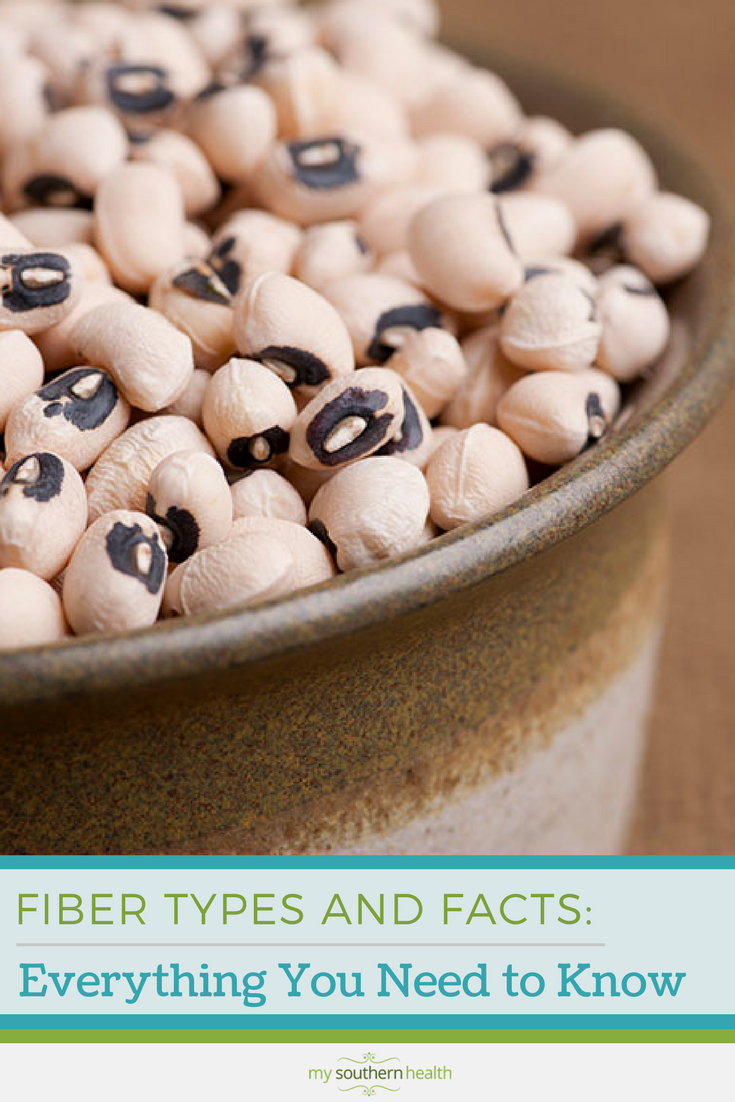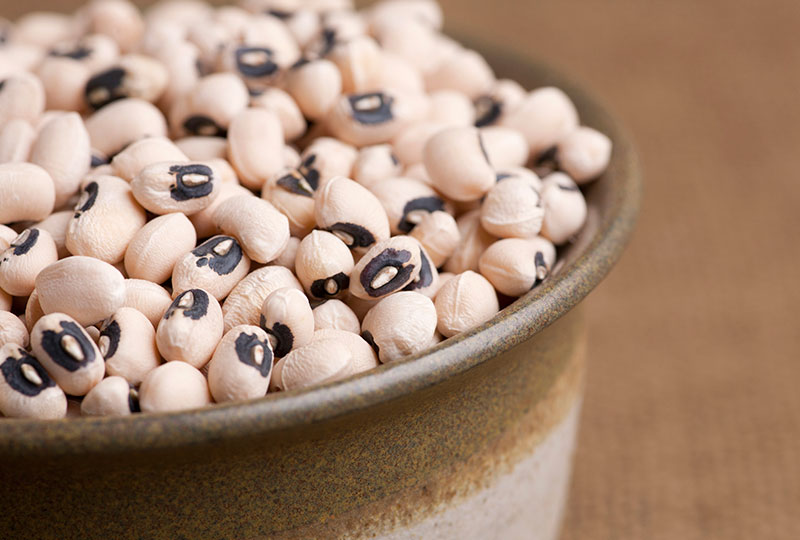Black-eyed peas. Sweet potatoes. Kidney beans. Many Southern favorites are filled with fiber. Learn the basics.
Many people know fiber is an important part of a healthy diet, but what exactly is fiber, what are the different types of fiber and why is it so important?
Fiber is the part of a plant that your body cannot digest or absorb. It is best-known for helping keep your digestion moving, but it’s also good for heart health and weight loss.
There are two types of fiber:
- Insoluble fiber is commonly found in whole grains like brown rice and barley, and in vegetables such as broccoli and cabbage. It does not dissolve in water and increases stool bulk and aids movement through the intestines. In other words, fiber helps keep you regular by adding weight to and softening the stool. This may also help decrease the risk of colon cancer and a painful form of inflammation called diverticulitis.
- Soluble fiber dissolves in water and is commonly found in oats, fruits, vegetables (artichokes, carrots, celery and cucumbers), beans, peas, lentils, nuts and flaxseed. It helps lower your LDL (bad) cholesterol and may help reduce blood pressure and inflammation. Fiber also slows the absorption of sugar to help prevent blood sugar spikes and can help prevent diabetes — a big concern in the South.
Both types of fiber help with weight management. Eating fiber often makes people feel full for longer periods of time — soluble fibers slow down absorption while insoluble fibers add to the bulk of food. Foods containing fiber also tend to have fewer calories and take longer to chew. That gives your brain a chance to realize you are full.
Avoid eating too much added fiber from processed foods. In excess, they can cause side effects like bloating, gas, cramping and diarrhea. You can find these on the label as “inulin” or “chicory root extract.”
So what is the right amount of fiber to include in a healthy diet? According to the Institute of Medicine, women under 50 need 25 grams of fiber each day, while men under 50 need 38 grams. Over 50, women need 21 grams and men need 30.


